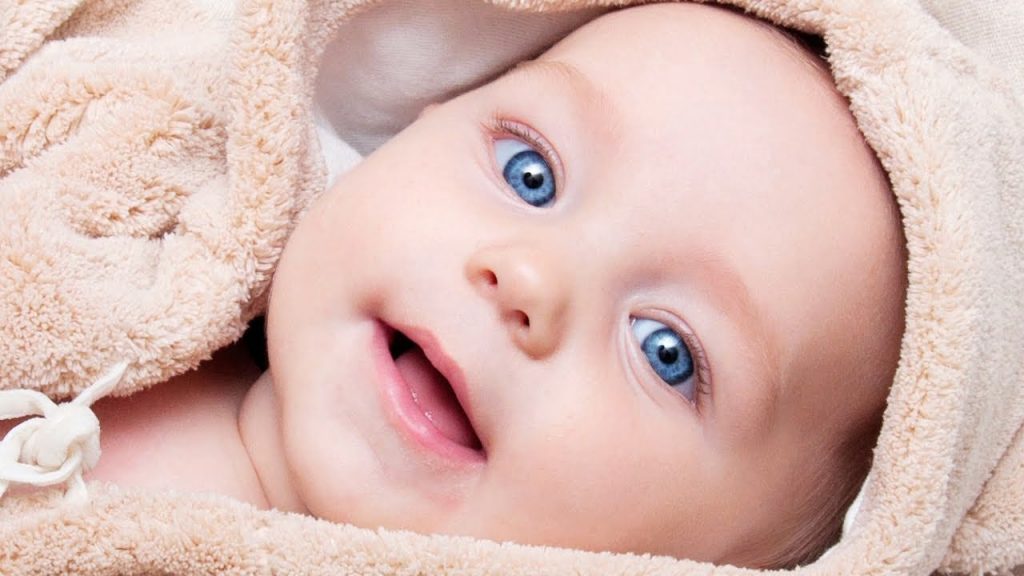Would-be parents must share some genetic link with the child if they want to use a surrogate mother, the Constitutional Court has confirmed.

In November last year, the Constitutional Court had to make a decision on whether infertile would-be parents could enter into surrogacy agreements, specifically where the child would have no genetic link to either parent.
AB, the applicant in the case, was unable to have a child because she was infertile and unable to produce ova. However, she wanted to have a baby and chose to proceed using a surrogate. Due to the nature of her infertility, AB needed to use a donor ovum as well as have the surrogate carry the child. AB was divorced at this time.
In order to have a child, AB would have had to use both donated sperm and donated ova for the surrogacy. Consequently, the child would share no DNA with her.
AB found a surrogate willing to carry the child but then discovered that she could not enter into a surrogacy agreement, because section 294 of the Children’s Act does not allow surrogacy contracts unless at least one of the prospective parents has contributed a gamete to the surrogacy process. Gametes are the male or female reproductive cells – the sperm cell and the ovum – that contain genetic material.
This section is also known as the ‘genetic link requirement’.
AB then challenged the constitutionality of section 294, arguing that the genetic link requirement infringed on her rights to equality, human dignity and reproductive autonomy. The section was declared unconstitutional in the high court and the case was referred to the Constitutional Court for confirmation.
At the same time, the Minister of Social Development filed an appeal against the decision.
According to the Minister, the genetic link requirement was introduced to draw a distinction between surrogacy and adoption. According to a report by the Committee on Surrogate Motherhood, surrogacy without a genetic link to the parents would be similar to adoption. Since parents had the option to adopt children, surrogacy should not replace that option.
However, the South African Law Commission, which provided recommendations to the Committee, did recognise that this regime might infringe the reproductive and other rights of homosexual couples.
In addition, the Minister argued that removing the genetic link requirement could result in parents having ‘designer babies’ with attributes they would choose.


One Response
In surrogacy one of the parents is supposed to contribute its gamete so that surrogacy can take place effectively, or else it would be an adoption process.